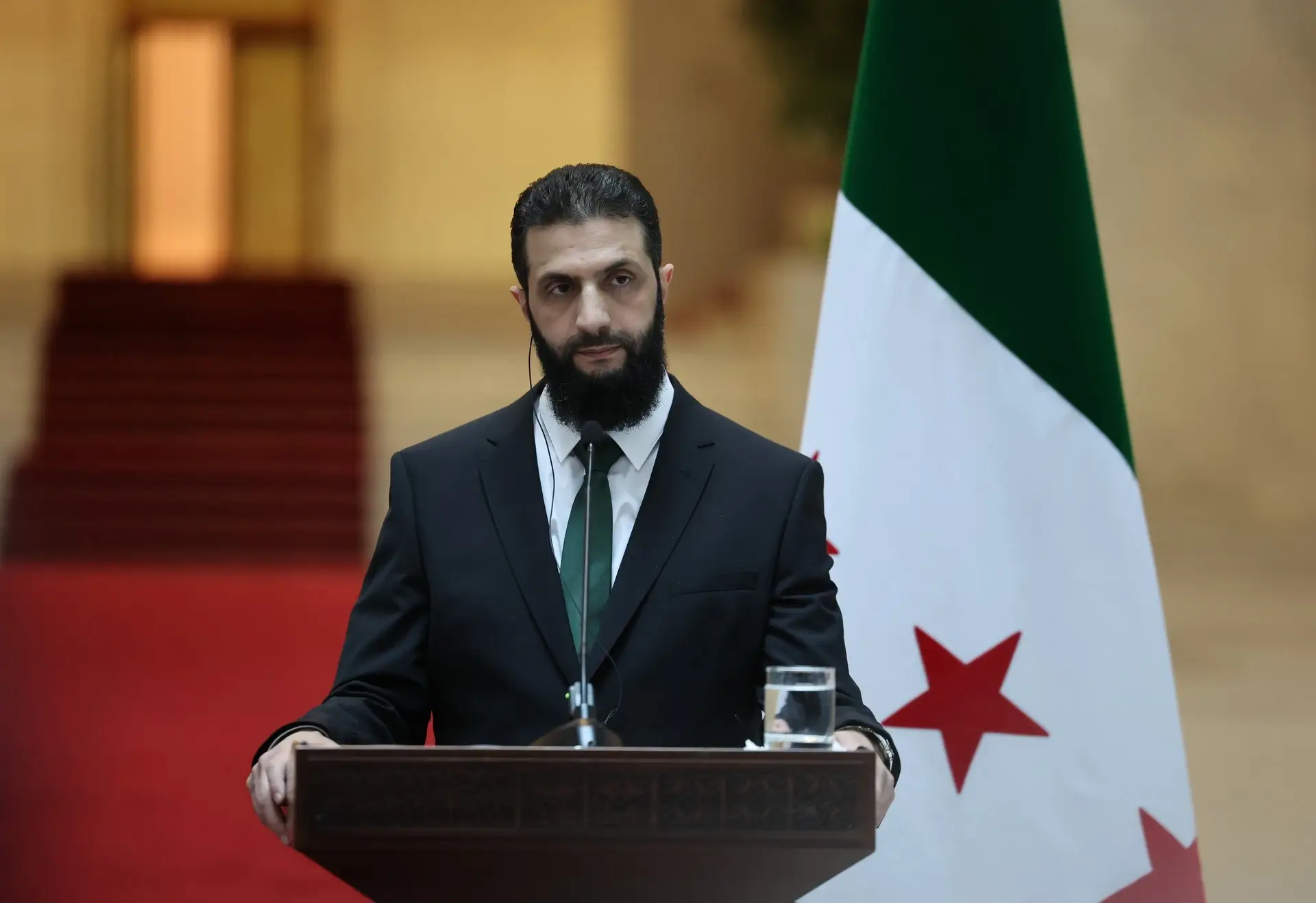
US-Syria Relations Reset: What the Ahmed al-Sharaa Endorsement Really Means. The United States has officially embraced the new Syrian leadership, as demonstrated by former President Donald Trump's meeting with interim leader Ahmed al-Sharaa in Riyadh on Wednesday. Beside the diplomatic confront, Trump declared that U.S. sanctions on Syria would be lifted. This development is striking, considering that Sharaa—once known as Abu Mohammed al-Jolani, the feared head of the Al Qaeda-linked Al Nusra Front—was previously targeted with a $10 million U.S. bounty.
In global politics, labels like “terrorist” or “freedom fighter” often depend on shifting alliances. Sharaa, once a symbol of extremism, is now viewed by the West as a partner, largely due to his pivotal role in deposing Bashar al-Assad’s regime. That victory was a shared objective for Washington, numerous European governments, and Gulf states, as it curtailed Russian and Iranian influence in Syria. In this perspective, Trump’s approval and the removal of sanctions appear to be benefit for aligning with Western strategic interests.
The situation stands in sharp contrast to the continued isolation of the Afghan Taliban. Although their hardline ideology is comparable to Sharaa’s former beliefs, the Taliban forced a humiliating withdrawal of U.S.-led forces after a prolonged and unsuccessful effort to reshape Afghanistan. Unlike Sharaa, they did not aid Western geopolitical goals—and remain under sanctions and without formal international recognition.
Trump also persuaded the Syrian interim government to recognize Israel diplomatically. Yet, no moves were announced regarding Israel’s longstanding occupation of Syrian territory, including the Golan Heights and areas it captured after Assad’s downfall. While lifting sanctions might ease the economic burden on Syrian citizens, the West’s readiness to rehabilitate former extremists when convenient exposes a pattern of selective moralizing.
Although Sharaa has made public promises about forming an inclusive government, his administration is still deeply entwined with extremist elements. Violent incidents in recent months—particularly between pro-government forces and minority communities such as the Alawis and Druze—suggest that Syria risks exchanging one form of autocracy for another. Despite Washington's renewed faith in the new regime, concrete steps toward political inclusivity or societal reform remain absent in Damascus.


